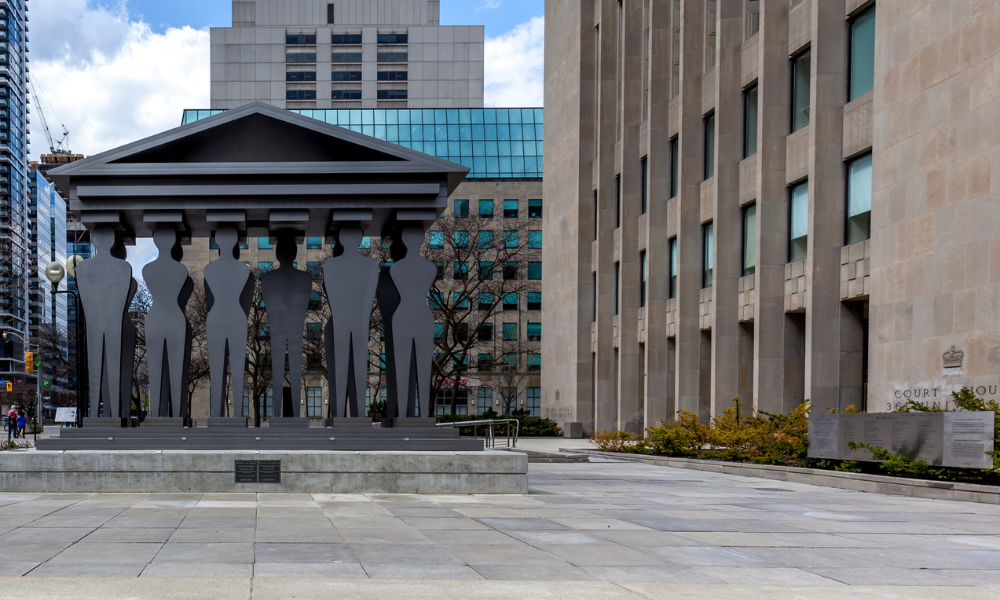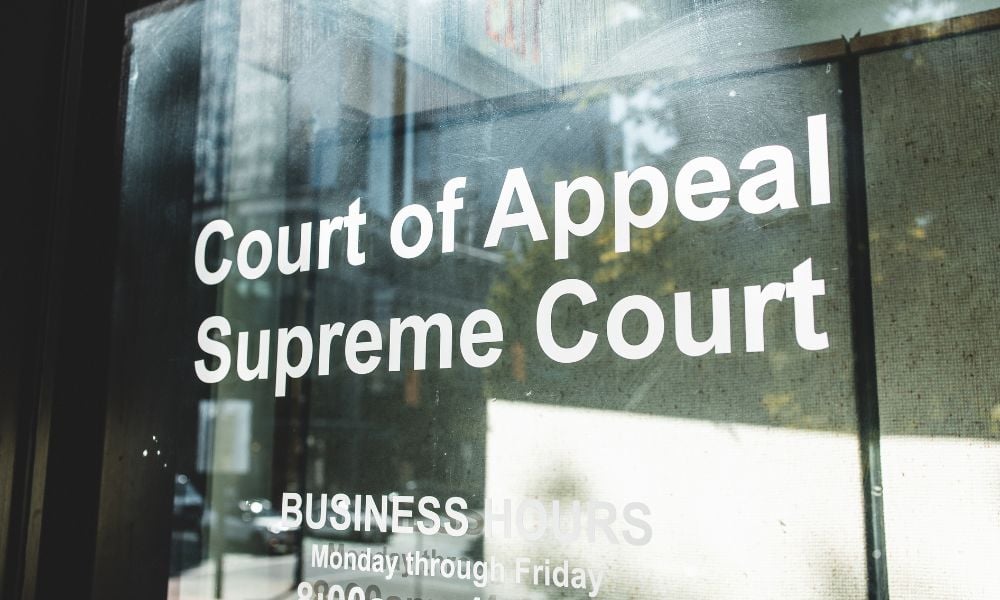Mother's will bequeathed son over 82 percent of the estate, daughter alleges

The Supreme Court of British Columbia varied a will to address the gender-based discrimination that influenced the distribution of an estate, most of which went to the son, to increase the daughter’s share in the estate.
The testator in this case had two children, a daughter and a son. Her 2018 will bequeathed the majority of the estate, including the family home, to the son. The will left the daughter half of a rental property at East 18th Avenue, Vancouver. The testator passed away in February 2021.
The daughter sought the variation of her mother’s will under s. 60 of B.C.’s Wills, Estates and Succession Act, 2009, which allowed courts to intervene when a will failed to make an adequate provision for a deceased person’s children.
The daughter argued that the total value of the gifts that her brother received – including the family home and the proceeds from the sale of two other properties – amounted to over $2.9 million or 82.6 percent of their mother’s estate.
In comparison, the daughter’s total inheritance of $170,000 allegedly failed to provide adequate and just support for her. She claimed that the unequal treatment reflected their mother’s gender-based preference for sons, which was a product of traditional Chinese values.
The son acknowledged that he received a greater share of the estate but disputed the values that his sister assigned to his gifts. He denied any discriminatory treatment. He argued that his mother’s inter vivos gifts were meant to recognize his efforts in managing her rental properties and finances.
Will varied
In Lam v Law Estate, 2024 BCSC 1561, the British Columbia Supreme Court varied the will to increase the daughter’s interest in the estate by awarding her 85 percent of the East 18th Avenue property. The court did not completely disinherit her brother. The court accepted that he was a devoted son who had provided significant assistance to the mother over the years.
The court concluded that bias influenced both the mother’s inter vivos gifts and her will’s terms, which resulted in an unequal distribution of her estate and significant disparity between her children’s inheritances.
The court held that the mother’s bias did not meet contemporary standards of fairness. The court noted that testimony provided by the daughter and by other witnesses supported the view that the mother had a strong bias toward the son.
The court also found that the son excluded the daughter from handling his mother’s finances even though his sister had offered to assist. The evidence showed that the son benefited substantially from this arrangement, particularly through the sale of two properties from which he received a large portion of the net proceeds, the court said.










